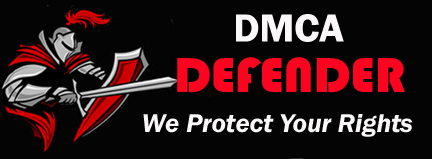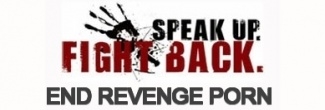People who have their nude pictures posted on the Internet without consent — a vile practice known as revenge porn — have little legal recourse. That’s changing, but only very slowly, with legislation proposed in California earlier this year joining New Jersey as the second state with laws specifically targeting the practice.* The California bill passed the state Senate earlier this month and this week the California legislature will debate it. If the bill passes in its current form, posting revenge porn would be considered a misdemeanor and posters of their ex-girlfriends’ nudes could face up to a year of jail-time or a fine of up to $2,000.
Despite what sounds like a much-needed bill for a practice that victims and advocates like Holly Jacobs — the first Floridian, according to her lawyer, to sue her ex for the alleged distribution of non-consensual pornography — say is becoming increasingly common, not everyone thinks explicit revenge porn bills are the way to go. One California State senator voted against the proposed legislation arguing, along with the American Civil Liberties Union, that it limits free speech, reports The New York Times‘s Somini Sengupta today. Both Florida and Missouri rejected similar bills last year because of free speech concerns.
In addition, other legal experts argue that current laws already protect revenge porn victims, under harassment, stalking, and even copyright law. “I’m unclear exactly how much ground the new law would cover that isn’t already covered by existing laws, such as anti-harassment/anti-stalking laws,” Eric Goldman, a law professor at Santa Clara University, told Sengupta. “As usual, one of the key questions is how existing law has failed and what behavior is being newly criminalized.” Indeed, Jacobs’s May 2013 lawsuit aims to charge her ex-boyfriend with one count of stalking, two counts of harassment by use of personal identification info and one count of unlawful publication, all of which could add up to a total of four years’ jail time. (Jacobs worked with Florida lawmakers to pass a bill, which ultimately failed, to make the practice of posting pornographic images on the Internet without consent a third degree felony.)
Still, Jacobs and others say laws specifically targeting revenge porn only cover repeated postings of images. The Internet and sites like the now defunct Is Anyone Up and its even more vile replacement HunterMoore.tv, from noted jerk and Internet entrepreneur Hunter Moore, make a single posting even more impactful because just one image posted without permission can go viral, and harassment or stalking laws might not cover a single infraction. In addition, having specific laws against posting pornographic images online without permission would deter the behavior, argues University of Maryland law professor Danielle Citron. “It signals taking the issue seriously, that harms are serious enough to be criminalized,” she told Sentgupta.
*This post originally said New Jersey passed a revenge porn law in 2011. It already had one on the books.
Want to add to this story? Let us know in comments
You can share ideas for stories on the Open Wire.
Why Isn’t Revenge Porn Illegal Everywhere? - The Atlantic Wire
revenge porn - Google News












